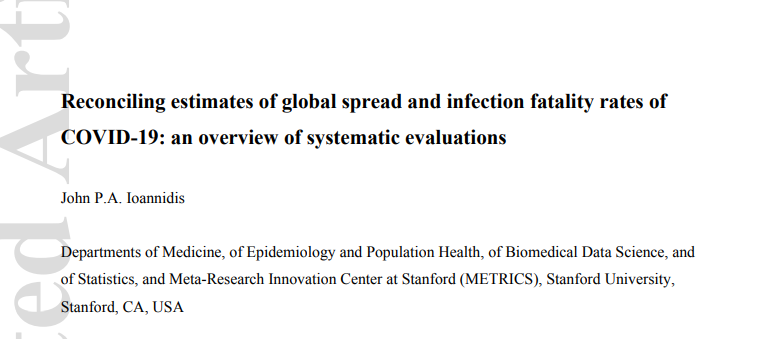
Interesting point - 0.008% is, all things being equal, a LOWER rate of infections in vaccinated people than I'd expect
https://twitter.com/CT_Bergstrom/status/1382836149098483715
In the US, the exact incidence of COVID-19 infections per week is hard to estimate, but it's probably been about 10% of the whole country infected since January (roughly), for a weekly incidence of ~0.5%
The vaccines used in the US are 80-95% effective, and about 100 million people have been vaccinated in that time period
Given the incidence of COVID-19 in that time, even assuming the highest level of protection of 95%, you'd still expect to see 0.05% of vaccinated people getting COVID-19 each week (again, all things being equal)
This relies on many assumptions, most of which are clearly wrong (for one thing, vaccine inequity is rife, they are often given to people in areas with fewer infections first) but it still gives you an idea of how well the vaccines are holding up so far
• • •
Missing some Tweet in this thread? You can try to
force a refresh









